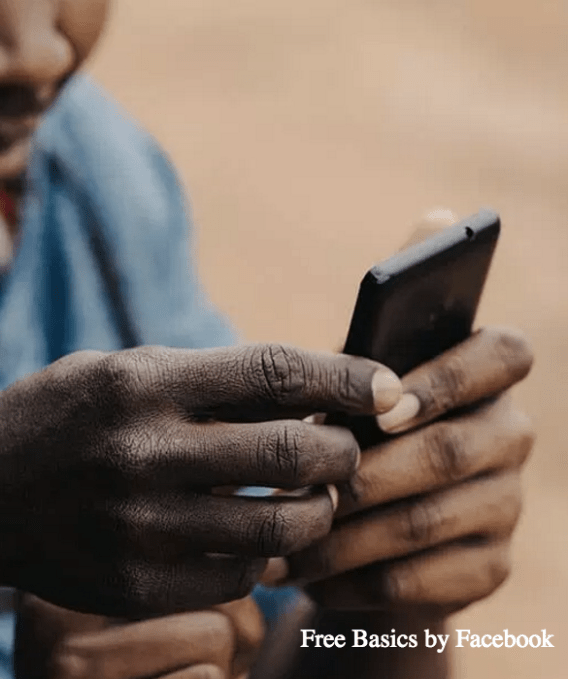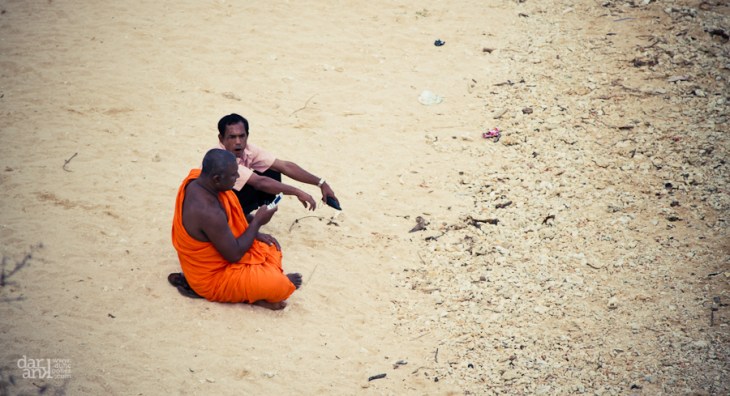Despite rebranding its free Internet.org ‘walled garden’ of apps plan in India under the new name of “Free Basics,” Facebook remains in direct violation of an open Internet. Facebook’s first attempt with Indian carrier Airtel was rolled-back soon after its release in April thanks to huge public outrage on social media, ironically.
India’s prolific tech entrepreneur Vishal Gondal has posted his thoughts and has rightfully called it evil.
Facebook thinks that by adopting a seemingly innocuous name such as “Free Basics” and launching a massive advertisement campaign all over India (including daily full-page ads in newspapers and countless billboards), it can advance its Internet-splitting plan in the days leading up to the final decision from the Telecom Regulatory Authority of India (TRAI).

Image courtesy of Facebook and Internet.org
Furthermore, Mark Zuckerberg has resorted to deceptive narratives to promote his efforts.
In this September 25th post, he presents how rural- and development friendly Internet.org and Free Basics are and suggesting the farmer couldn’t have benefited without their program.
However, the farmer in question has been on Facebook and the full Internet for at least 2 years before Internet.org was launched, where he could access a million times more information.
Here’s his page — active since 2013.
Facebook has never even advertised its own core product in India this heavily. Why would it spend this much cash on a “charity endeavor,” as they’re misleadingly framing it?
The primary mobile apps Facebook is pushing through “Free Basics” are their own, and all other apps, as innovative and helpful as they might be, would be subject to guidelines and an approval process created by Facebook.
In such a digitally emerging country like India, Facebook would essentially play gatekeeper, as millions of first-time Internet users on mobile would only experience a “Facebook version of the Internet.”
The competitive advantages for Facebook’s own apps and others it allows into “Free Basics” are so drastic that even Indian startups that Facebook has approached to bring onboard — and that would obviously benefit significantly from doing so — have declined in order to remain ethical and support a fair ecosystem, as Quartz has reported.
I’ve seen this “charity-with-hidden-agenda” model before in India, Africa, and other developing countries where politicians and international companies using non-profits as fronts to their commercial and political agenda to exploit the poor in the name of free goods and subsidies.
As Naveen Patnaik, Chief Minister of the Indian state Odisha, said: “If you dictate what the poor should get, you take away their rights to choose what they think is best for them.”
Let India’s poor choose what they want to use. Either open up “Free Basics” to every app and enforce a data cap, or just let the poor pay for the services themselves. Free market guru C.K. Prahalad showed the world in his seminal Gates-recommended book TheFortune at the Bottom of the Pyramid that the poor are viable customers.
My recent book, co-authored with Carol Realini, Financial Inclusion at theBottom of the Pyramid also contains dozens of examples of great innovations brought to the bottom of the pyramid at “radical affordability” without any need for preferential treatment given to one service over another.
And definitely not to the extent that one vendor dominates an entire region, thwarts innovation, and restricts consumer choice. Facebook is in critical need for its next one billion as its growth slows down in the United States, but stooping down to such desperate measures to gain market-share is unacceptable.
In Zuckerberg’s recent op-ed in Times of India, he asks, “who could possibly be against this?”
Nearly every Indian startup is against it including the very companies he is trying to recruit for “Free Basics,” dozens of Indian elected officials, the founder of the Internet Sir Tim Berners-Lee, and countless others in India and abroad in support of net neutrality have all voiced their concern against internet.org’s walled-garden.
